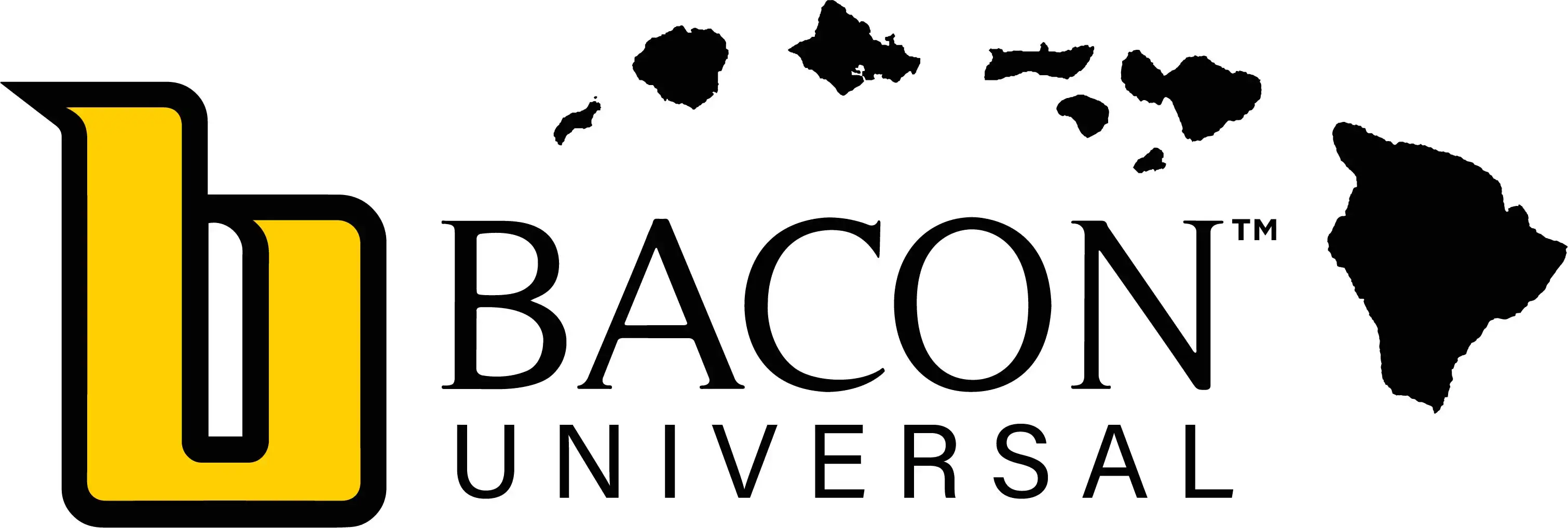Fixes to Hawaiʻi’s Water Commission advance in the House, SB3327 calls for an independent commission

The House Water and Land Committee advanced a bill Tuesday to address issues surrounding the structure of the Commission on Water Resources Management.
Senate Bill 3327 SD1 HD1 proposes to separate the Water Commission from the Department of Land and Natural Resources to minimize conflicts of interests between the two agencies. The bill would also grant the agency its own authority to declare emergencies, retain independent legal counsel, and levy fines up to $60,000 per violation of the Water Code.
The House Committee received 255 pages of testimony on the bill.
Among those testifying in support were more than a dozen haumāna from Hawaiian immersion programs on Maui. Students from Ke Kula Kaiapuni ʻo Kekaulike and Ke Kula Kaiapuni ʻo Lahaina made the early morning journey to Honolulu to deliver their testimony in strong support of SB3327.
“With the approval of SB3327, SD1, kānaka can once again become the priority. Not tourists. Not money. Not corporations. People. Real people of Hawaiʻi whose families have been here for generations,” said 11th grader Kaleimaile Garcia from Ke Kula Kaiapuni ʻo Kekaulike.
ʻAhahui o Hawaiʻi, an organization of student advocates at the William S. Richardson School of Law at the University of Hawaiʻi at Mānoa report: “In Maui Komohana, more than 70% of the available freshwater is controlled by corporations that receive permits from the Water Commission to deliver water for use at hotels, luxury residents and golf courses.”
Many of the changes to the Water Code proposed in SB3327 come from a report to the legislature by the Review Commission on the Water Code in 1994. The Review Commission was established to evaluate the success of the Water Code five years after it had been adopted. Over two years, the Review Commission held over 170 meetings to consult with government agencies, attorneys, private interests and community members throughout Hawaiʻi.
Sierra Club of Hawaiʻi Director Wayne Tanaka testified: “[SB3327] is about finally fixing major issues that have eroded the public’s confidence in the work of the Commission that frankly need to be addressed if you want to build true water security for our islands and for future generations.”
Among those opposed to the bill is the Department of the Attorney General. Reasons include “the expansion of the CWRM’s jurisdiction potentially beyond constitutional limits, the provision providing the CWRM with authority to hire its own legal counsel, and administratively attaching the CWRM to DLNR without appropriating funds.”
The Committee passed the bill with amendments, reinserting provisions that had been removed from the original bill in a previous committee hearing. These amendments include increasing the maximum fine for Water Code violations to $60,000.
Lahaina 11th grader Makamae Alapio testified, “This bill reduces political corruption and imposes fines substantial enough to deter violations of the Water Code… which will hopefully deter future water misuse. Current penalties are only a slap on the wrist; they are not effective to stop large corporations from hoarding wai.”
Lahaina Strong founder and organizer, Jordan Ruidas said, “This moment is a fight for the soul of Hawaiʻi… An independent, accountable Water Commission is a key piece to a truly sustainable future in our islands.”
Community members at the hearing thanked Committee Chair Linda Ichiyama (D-Moanalua) and Vice Chair Mahina Poepoe (D-Molokaʻi) for the hearing.
The bill now advances to the Judiciary and Hawaiian Affairs Committee in the House, chaired by Hawaiʻi Island Representative David Tarnas, where it must be heard by March 21.










